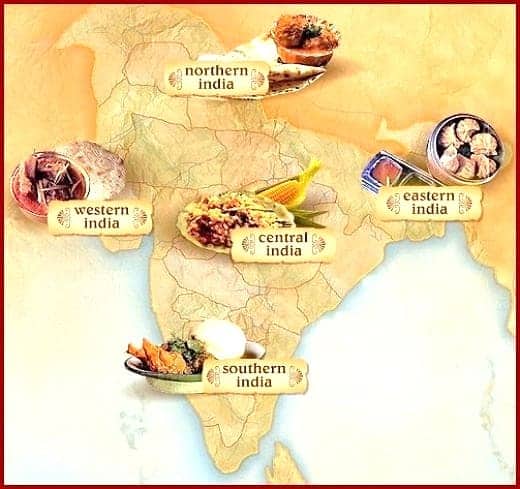 One lovable thing about Delhi is that it belongs to one and all. It is a delightful mixed bag of all cultures. It is perhaps one of the only cities where you’ll probably find a Bengali, a Gujarati, a South Indian, an Assamese, and a Bihari – all sitting on one table. Similarly enough Delhi University has its wings spread out in all directions, people from all over the country aspire to graduate from DU.
One lovable thing about Delhi is that it belongs to one and all. It is a delightful mixed bag of all cultures. It is perhaps one of the only cities where you’ll probably find a Bengali, a Gujarati, a South Indian, an Assamese, and a Bihari – all sitting on one table. Similarly enough Delhi University has its wings spread out in all directions, people from all over the country aspire to graduate from DU.
Over the years, DU has managed to create its very own set of regional stereotypes. Why does one have to be a “bong” a “gujju” a “mallu” a “bhaiyya” or a “chink”? A sense of ‘otherisation’ trickles in with the casual labelling people do to those who aren’t from Delhi. There is absolutely no reason why we should reduce ourselves and others to our regional identities.
If you’re from anywhere outside Delhi, you’re expected to know everything from the language to the myths, the fluency, the music, the dance, the recipes and even the soil type. The stereotype goes like this- if you’re a Bengali, you’re supposed to know all about Satyajit Ray and Tagore, you’re supposed to know which halvai sells the best and most authentic mishti doi and sondes, you’re expected to know ten different ways of frying fish; if you’re a south Indian, you’re expected to know all the dances, you’re expected to pick out the best kanjiverem silk by its texture, you’re expected to know how to fry dosas; if you’re a Kashmiri, you’re expected to be romantic, poetic, and (ridiculous as it may sound) even pretty; and if you’re from the northeast, then you’re expected to love momos and know all about tattoos and piercings and affordable fashion.
It is considered unnatural for someone from Haryana to be anything but rowdy, just like it is considered natural for jaats to be the gunda–raaj of the ilaaqa. The “Delhi Boy” memes would probably explain better. There are “tips” for each region as well, be it “Bongtips” “Rajasthan tips” or “Delhitips”. Sadly enough, the generation of iPods has adopted the trend of categorisation, which has further led to regional stereotyping.
Perhaps regional jokes, region-wise tips, memes, etc don’t mean much harm, but somewhere in the middle of all the casual labelling, the jokes, the general assumptions, etc have smudged the thin line between assertion of one’s regional identity, and limiting oneself to it. Somewhere in the midst of all this, we are forgetting one very important fact-that anyone can do anything, or be anything.




Comments are closed.